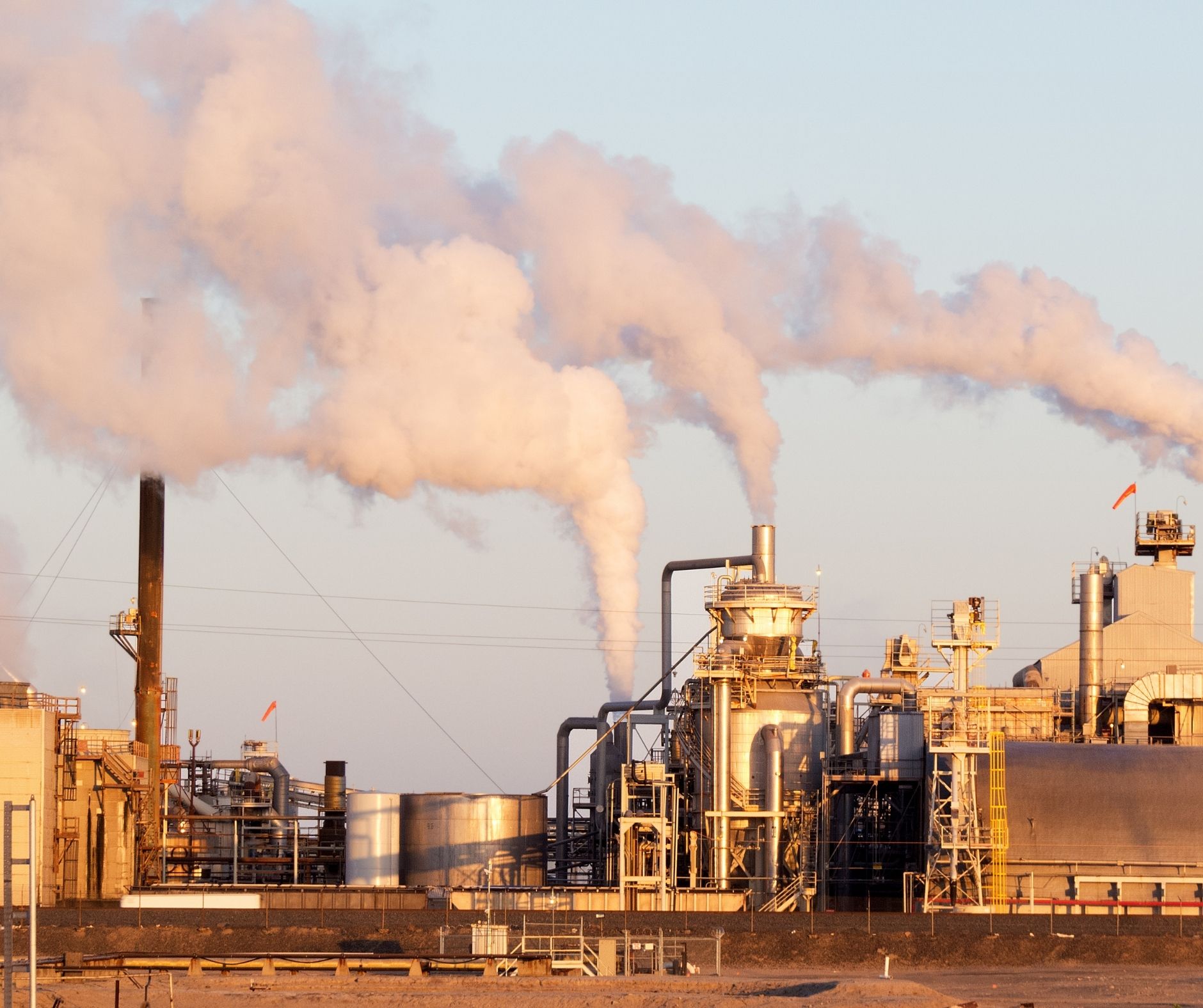
Statement by Maura Toomey, Zero Waste Organizer for Clean Water Action before the Assembly Environment and Solid Waste Committee Opposing A5803
June 14, 2021
Thank you for the opportunity to testify on this bill. Clean Water Action strongly opposes A5803, which would exempt plastic material processed at advanced plastic processing facilities from solid waste and recycling regulations, and urges the bill’s sponsor Assemblyman McKeon to pull this bill.
This is an attempt to create a market for “advanced recycling”, also known as “chemical recycling”, gasification, or pyrolysis. These terms refer to technologies being promoted by the chemical industry as a way to turn difficult to recycle plastics into new plastics, but the reality is that most of these technologies turn plastics into a fossil fuel to be burned. Out of the dozens of projects proposed in the past few decades, only three are operational and none have successfully “chemically recycled” plastic into new plastic. “Advanced recycling” is a new and more expensive form of incineration.
As with any other form of incineration, burning waste is not clean or renewable. Plastic-to-fuel facilities release harmful toxins including carbon monoxide, polynuclear aromatic hydrocarbons, particulate matter, dioxins, furans, volatile organic compounds, as well as carbon emissions. These pollutants contribute to severe health issues including cancer, asthma, neurological damage in children, and other reproductive, immune, and respiratory problems. In addition, the majority of these industrial facilities are located in and disproportionately harm low income communities of color.
Plastics burned in these facilities are made from finite resources, primarily fossil fuels, making “plastics-to-fuel” categorically non-renewable. Diversion from landfill does not automatically mean these technologies are a solution to waste and plastic pollution. The reality is that “chemical recycling” produces toxic ash and liquid effluent that do in fact end up landfilled.
These facilities undermine real solutions like waste prevention, reuse, product redesign, and traditional recycling by allowing the petrochemical industry to continue producing fossil fuel- derived single-use plastics that should be eliminated from the waste stream. The industry is seeking government funding that would serve the environment, communities, and local economies far better if designated for true zero waste solutions. Additionally, the industry is seeking renewable energy tax credits, which they should not qualify for and should be reserved for real clean renewable energy.
The reason the chemical industry is seeking this law exempting “chemical recycling” facilities from regulations is because they have been largely unsuccessful at developing a market for this technology. Despite billions of dollars in investments, many “chemical recycling” projects have failed to meet their technological and financial goals. The fact is these technologies do not work on a commercial scale.
It is important for the future of zero waste and climate justice efforts that this A5803 does not move forward. Clean Water Action urges you to withdraw it from consideration now and in the future. A better path towards waste reduction would be to champion an Assembly version of S2515, establishing minimum post-consumer recycled content requirements for packaging, improving our existing recycling infrastructure, and keeping plastics out of the waste stream, especially incinerators. Thank you.


